About Us
Advertise With Us
RSS Feed | Content Syndication
Terms & Conditions
Privacy Policy
Contact Us
BollywoodShaadis.com © 2026, Red Hot Web Gems (I) Pvt Ltd, All Rights Reserved.
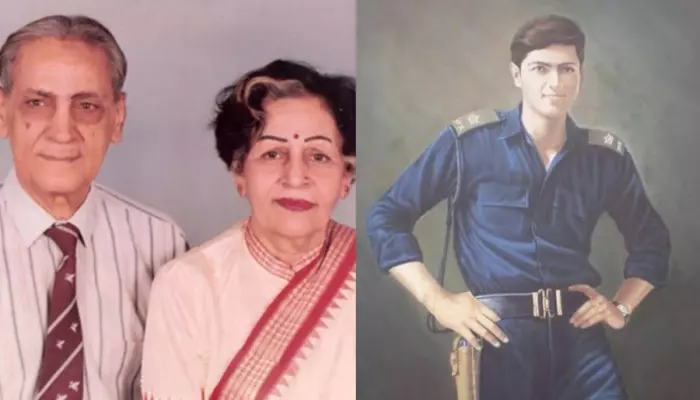
Arun Khetarpal was the 21-year-old Second Lieutenant, who made India proud in the 1971 war with his no-backing-out attitude, despite his burning tank. 'No Sir, I will not abandon my tank. My main gun is still working, and I will get these bas***ds," were the final words of the brave Indian soldier that echoed in the ears of the superior officer over the radio. But not just him, his bravery even made an echo across the borders and reached his killer's ears. Read on to know what happened when Arun's father met his killer in Pakistan.
For the unversed, Arun Khetarpal was the eldest of the two sons of Lt. Brigadier M.L. Khetarpal. The love for Army and country ran in their veins as his father, grandfather, and great-grandfather fought for the land and served in the Indian army. It was in June 1967 that Arun joined the National Defence Academy, Khadakwasla.
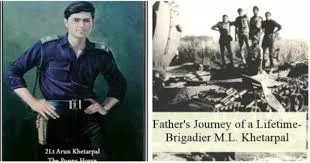
With his hard work, he rose up in the hierarchy and was appointed as the Squadron Cadet Captain of the 38th Course in Foxtrot Squadron. After passing out from NDA, he joined the Indian Military Academy, Dehradun. On June 3, 1969, he was commissioned into the 17 Poona Horse as a Second Lieutenant, and he was given one star on each of his shoulders.
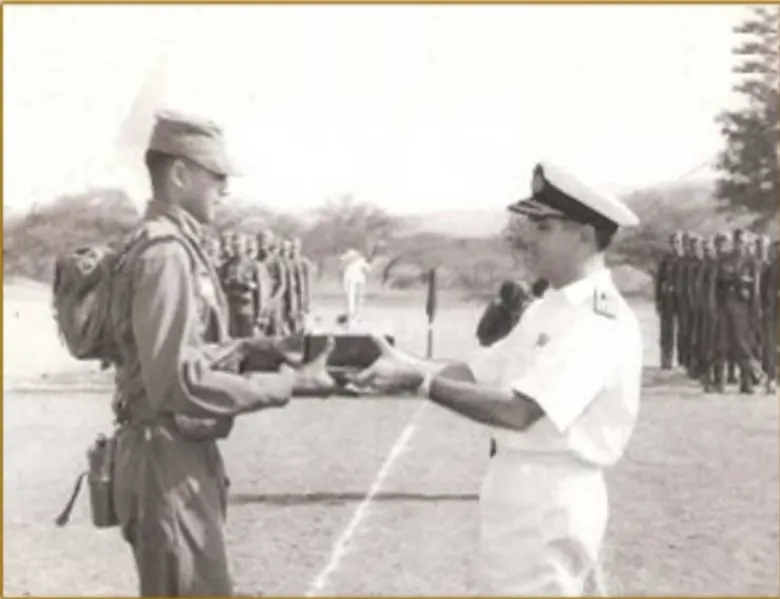
Six months after his passing out parade from the Indian Military Academy, Arun Khetarpal was attending his Young Officers Course at Ahmednagar when the war with Pakistan broke out on December 3, 1971. The then-21-year-old was recalled from the course and asked to join his unit to take part in the Battle of Basantar in the Shakargarh sector.
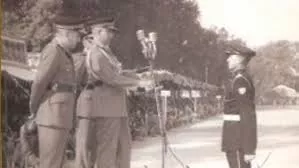
During the fierce war, Arun Khetarpal showed his bravery. When his tank caught fire, he was given orders to abandon it. Arun told his senior that his main guns were working and he would not leave the tank. As per the Army eye witnesses, the young officer fought till his last breath and destroyed 10 enemy tanks.
Continue reading below
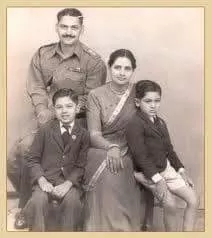
The last tank he destroyed was barely 100 meters away, after which, his tank was shot, and he attained martyrdom. According to Indian Army officials, after Arun Khetarpal's body and his tank, Famagusta were captured by the enemy. However, they later returned it to the Indian army. He was cremated near the Samba district, and his ashes were sent to his family.
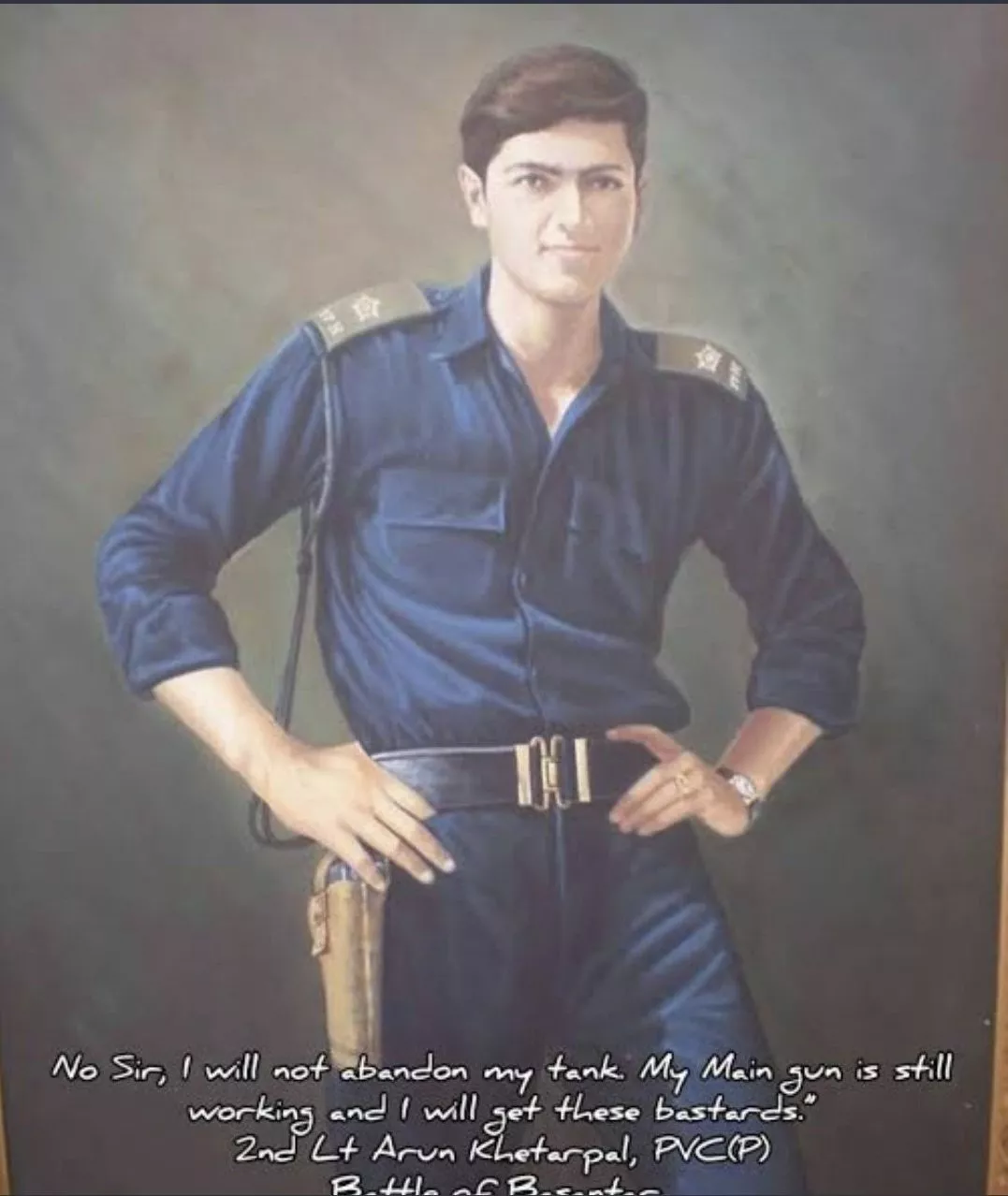
Thirty years later, in 2001, Arun Khetarpal's father, Brigadier M.L. Khetarpal, who was then 81 years old, felt the urge to visit his birthplace in Sargodha, Pakistan. Upon reaching the Pakistan airport, he met a certain Brigadier Khwaja Mohammed Naser, who became his guide through his visit.
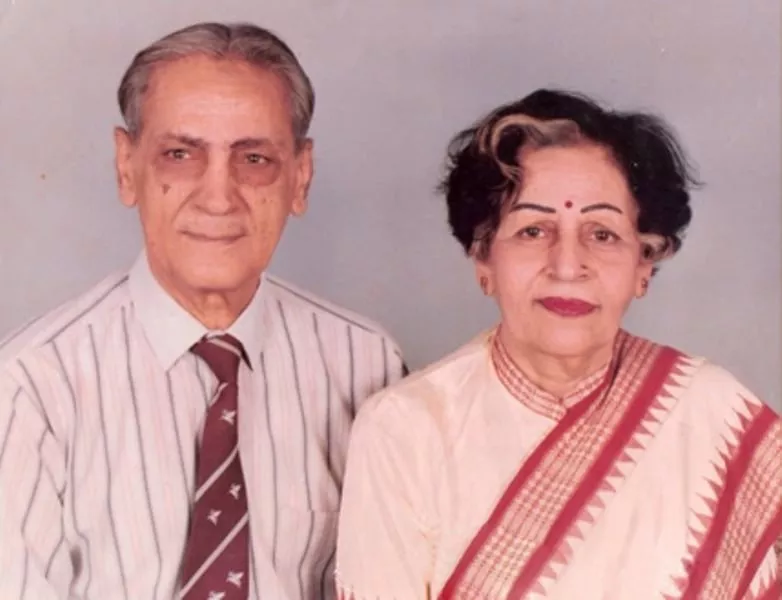
The Pakistani Brigadier went out of his way to ensure Brigadier Khetarpal's comfort while he visited his old home. He even insisted him to stay with him at his home. Brigadier Khetarpal was overwhelmed with the love and respect he was given. However, on the night before his departure, Brigadier Khwaja made a shocking confession. The Pakistani Brigadier revealed that he was the one who killed his son, and said:
"Sir, there is something I wanted to tell you for many years, but could not get the opportunity. It is regarding your son Arun. I am the man who killed him. On that night of 16 December 71, I was leading the counter attack of 13 LANCERS against the Indian bridgehead at Basantar. Your son was on the opposite side, standing like a rock. His courage was exemplary. In the battle, tank casualties were high. Finally it was just the two of us in our tanks facing each other just 200 meters apart. We both fired simultaneously. Yet it was destined that I was to live and he was to die."
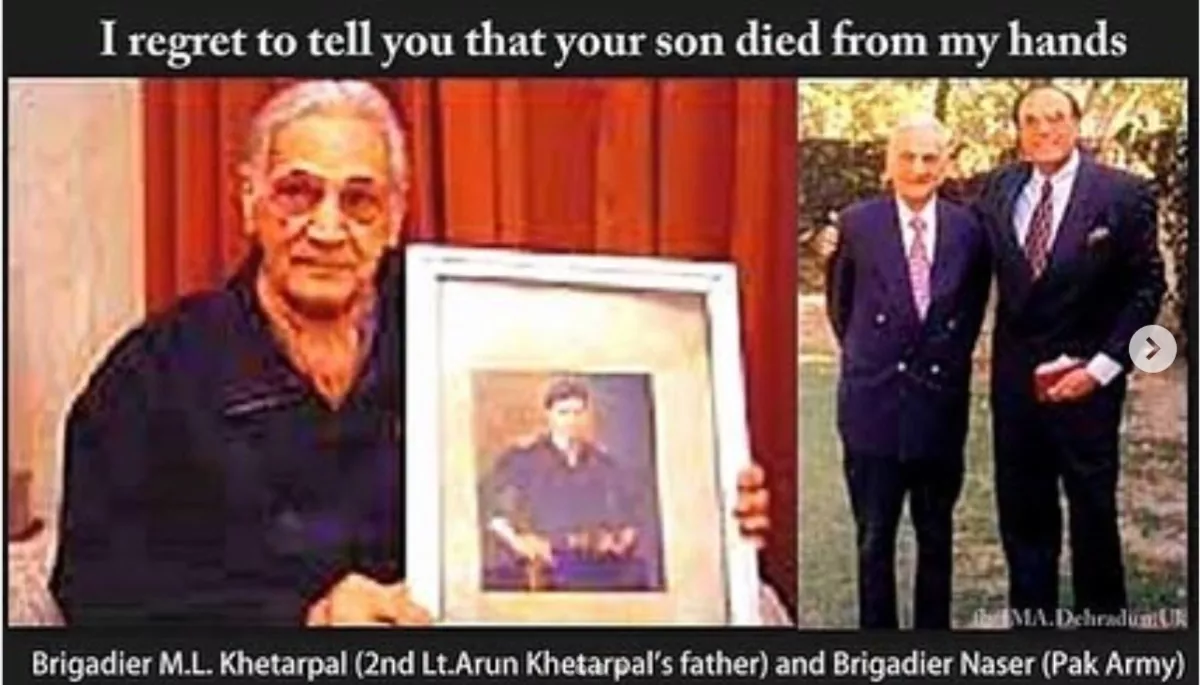
The brigadier revealed that it was much later, he found out about Arun Khetarpla's age and realised the bravery he had shown in the war. He was quoted as saying:
"It was only later, when your son became a national hero, that I realized who was the brave opponent facing me and how young he was. We were both soldiers doing our duty for our nations. I salute your son for what he did. I salute you too, Sir, because seeing you, I know where he received the values that made him such a courageous young man."
advertisement
advertisement
advertisement
